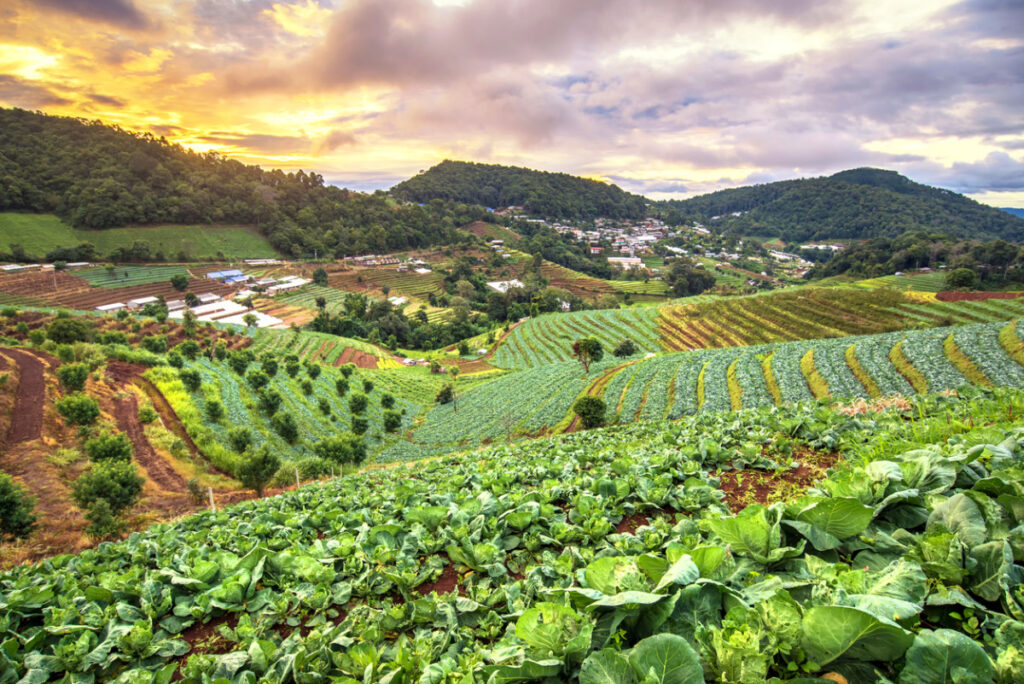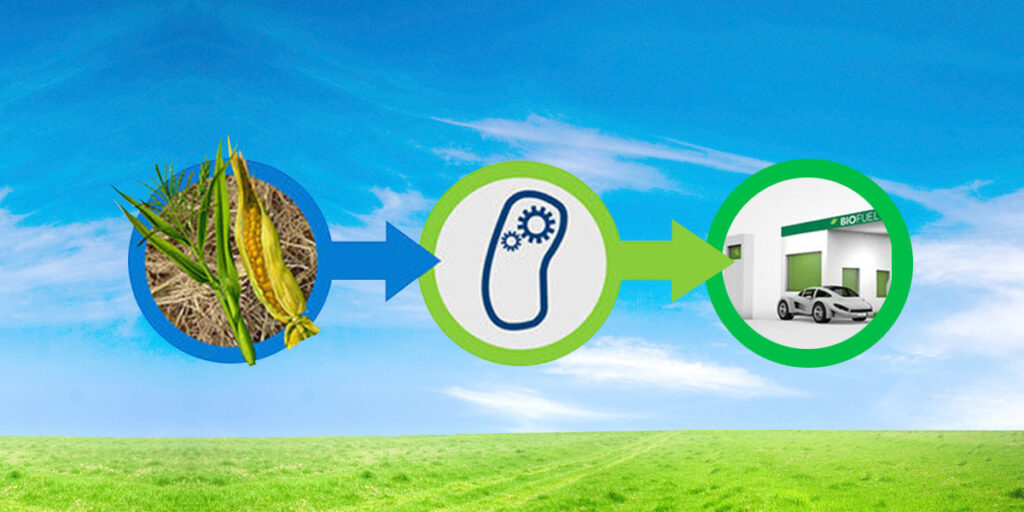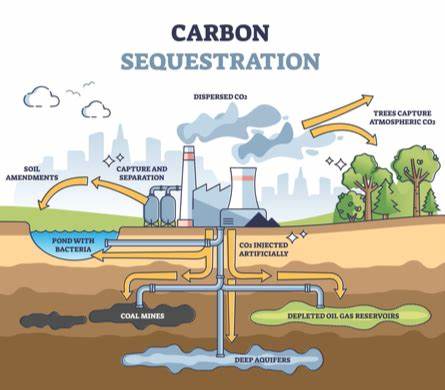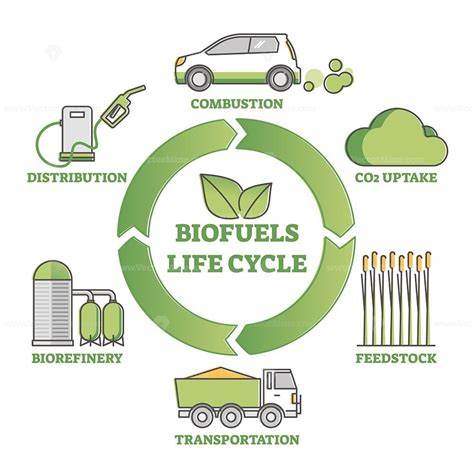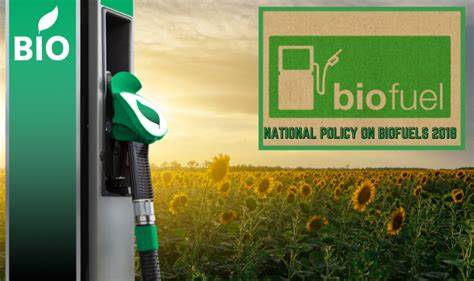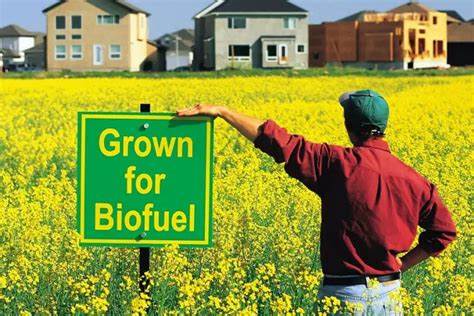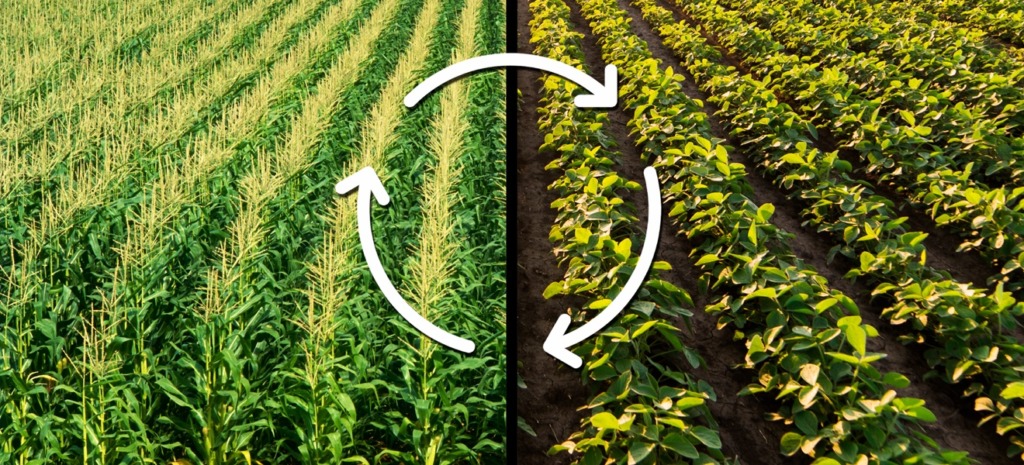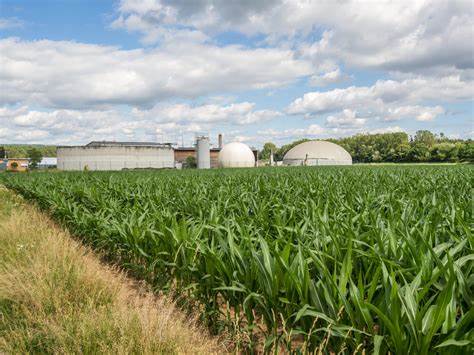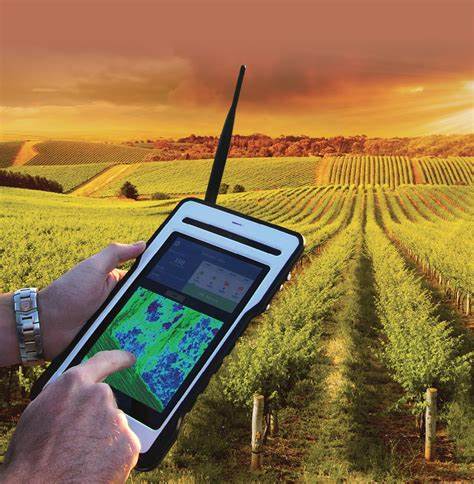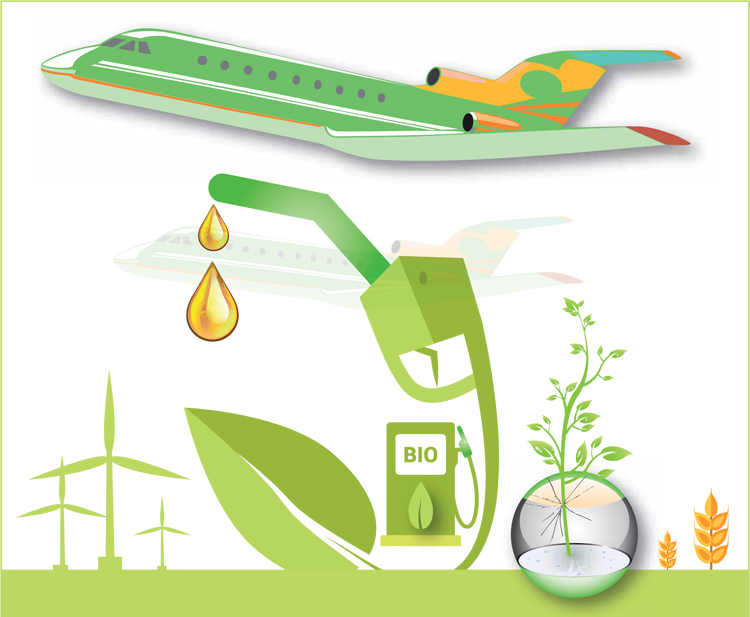Biofuels: Paving the Way Towards a Sustainable Energy Future Introduction The need for sustainable energy solutions has become increasingly urgent in today’s world. As traditional fossil fuels continue to deplete and contribute to environmental degradation, alternative sources of energy are gaining momentum. One such alternative is biofuels, which are renewable fuels derived from organic matter. This article provides a comprehensive overview of the future of biofuels, exploring their historical background, key concepts, advancements in technology, environmental impacts, case studies, current trends, challenges, controversies, and future outlook. By the end, readers will have a clearer understanding of the significance of…
Author: jenks2026
Leading the Way: Pioneers in Sustainable Biofuel Production Introduction The topic of sustainable biofuel production has gained significant attention in recent years as societies around the world strive to transition towards cleaner and more sustainable sources of energy. This article aims to explore the pioneers in this field and shed light on their contributions to the development of sustainable biofuel production methods. By delving into the historical background, key concepts, and current trends, we can gain a deeper understanding of the importance and potential of sustainable biofuel production in the context of sustainable energy production. Historical Background Biofuel production…
Biofuel Policies: Navigating Complexity for Renewable Energy and Sustainability Introduction Biofuel policies play a crucial role in promoting renewable energy and environmental sustainability. Navigating these policies, however, can be a complex process. In this article, we will explore the historical background of biofuel policies, discuss key concepts and definitions, and delve into the main discussion points surrounding their implementation. Additionally, we will examine case studies, current trends, challenges, and controversies associated with biofuel policies. Finally, we will speculate on the future outlook of biofuel policies and emphasize the importance of further research in this field. Historical Background The development of…
Sustainable Agriculture: Promoting a Better Future Introduction Sustainable agriculture is a concept that emphasizes farming practices promoting long-term environmental, economic, and social well-being. This article explores the historical background, key concepts, main discussion points, case studies, current trends, challenges, and future outlook of sustainable agriculture. Historical Background Sustainable agriculture has a rich history dating back centuries, originating from indigenous and traditional farming practices that worked harmoniously with nature. Over time, it has incorporated modern scientific knowledge, technological advancements, and innovative approaches. Key Concepts and Definitions Sustainable agriculture is a holistic approach aiming to meet present and future needs while ensuring…
The Green Path Forward: Harnessing the Power of Biofuels Introduction The importance of addressing climate change and pursuing sustainable energy solutions cannot be overstated. As the world continues to grapple with the devastating effects of greenhouse gas emissions, it has become increasingly clear that a shift towards renewable energy sources is necessary. In this regard, biofuels have emerged as a promising solution. With their potential to reduce greenhouse gas emissions and promote a greener future, biofuels have gained significant relevance in the global energy landscape. Historical Background The origin of biofuels can be traced back to ancient civilizations, where biomass…
Introduction The global biofuel market has emerged as a key player in the quest for sustainable energy sources. With increasing concerns over climate change and the depletion of fossil fuels, biofuels offer a promising alternative. This article provides a comprehensive overview of the biofuel industry, highlighting its relevance and importance in the global energy landscape. Historical Background The biofuel industry has come a long way since its inception. From humble beginnings to a thriving market, it has witnessed significant evolution. Historical milestones and events have shaped the industry, including the introduction of policies and regulations that have had a profound…
A Thought Leader’s Take on Renewable Energy Security Introduction Renewable energy security has become an increasingly important topic in today’s world. As the global demand for energy continues to rise and concerns about climate change intensify, the need for sustainable and reliable sources of energy has never been greater. In this article, we will explore the concept of renewable energy security from the perspective of a thought leader in the field. By delving into the insights and perspectives of these experts, we can gain a deeper understanding of the challenges and opportunities associated with this critical issue. Historical Background To…
The Impact of Biofuels on Land Use and Deforestation: Understanding the Link and Exploring Sustainable Solutions Introduction The introduction provides a brief overview of the topic, highlighting the growing relevance and importance of studying the impact of biofuels on land use and deforestation. It emphasizes the need to understand the relationship between biofuel production and its environmental consequences. Historical Background This section explores the evolution of biofuel production, tracing its roots from early advancements to the present-day practices. It also examines instances where land use change and deforestation have been associated with biofuels, shedding light on the gravity of the…
The Significance of Biodiversity Conservation and Biofuels’ Contribution Introduction Conservation of biodiversity is crucial for the long-term health and sustainability of our planet. Biodiversity encompasses the variety of life forms found in different ecosystems, including plants, animals, and microorganisms. It plays a vital role in maintaining ecosystem stability, providing various ecosystem services, and supporting human well-being. In recent years, biofuels have emerged as a potential solution to mitigate climate change and reduce reliance on fossil fuels. This article explores the contribution of biofuels to biodiversity conservation and highlights their importance in addressing global environmental challenges. Historical Background Biofuels have a…
Introduction Carbon sequestration and biofuels are important concepts in mitigating climate change and promoting sustainability. This article will discuss their significance in the current environmental context. Historical Background The history of carbon sequestration and biofuels dates back several decades. Carbon sequestration gained attention in the 1970s as a potential solution to combat climate change. Biofuels emerged as an alternative to fossil fuels in the 19th century and have gained prominence in recent years due to concerns over greenhouse gas emissions. Key Concepts and Definitions Carbon sequestration involves capturing carbon dioxide from various sources and storing it underground or in long-term…
Energy Diversification: Harnessing the Power of Biofuels for Sustainable Development Introduction Energy diversification is crucial for achieving sustainable development in today’s world. As global energy demand continues to rise, it becomes increasingly important to explore alternative sources that can reduce our reliance on fossil fuels. One such alternative is biofuels, which have gained prominence in recent years due to their potential in achieving energy diversification. In this article, we will delve into the historical background of biofuels, explore key concepts and definitions, discuss the main benefits and advancements in biofuel production, examine case studies, and address challenges and controversies. By…
Economic Impacts of Biofuel Production Introduction Biofuel production has emerged as a significant player in the global energy landscape, with profound economic impacts. This article delves into the economic implications of biofuel production, highlighting its relevance and importance in today’s world. Historical Background The development and growth of biofuel production can be traced back to several decades. Over time, this industry has witnessed significant milestones and events that have shaped its trajectory. Key Concepts and Definitions To understand the economic impacts of biofuel production, it is essential to define biofuel and its types, such as biodiesel and ethanol. Additionally, we…
Introduction The importance of biofuels in promoting national security cannot be overstated. As the global demand for energy continues to rise, the need for sustainable and renewable alternatives becomes increasingly crucial. This article aims to delve into the significance and relevance of biofuels in ensuring national security. Furthermore, it will provide an overview of the content and objectives of the article. Historical Background With the evolution of biofuels over the years, their connection to national security has become more apparent. Early attempts at utilizing renewable energy sources paved the way for the biofuels industry. These endeavors were driven by the…
Global Trade in Biofuels: Challenges and Opportunities Introduction Global trade in biofuels is the import and export of renewable energy sources derived from organic materials. This article explores the challenges and opportunities associated with this growing sector. The relevance and importance of this topic lie in the potential of biofuels to address energy security concerns and contribute to climate change mitigation. Historical Background The early development of biofuels can be traced back to the 19th century when ethanol was first produced from corn. However, it was not until the oil crisis in the 1970s that biofuel production gained significant attention.…
Crop Rotation and Biofuel Production: The Intersection of Sustainable Agriculture and Renewable Energy Introduction Crop rotation and biofuel production are two concepts that play a crucial role in promoting sustainable agriculture and renewable energy. In this article, we will explore the historical background, key concepts, main discussion points, case studies, current trends or developments, challenges or controversies, future outlook, and the significance of crop rotation and biofuel production. By the end of this article, readers will have a comprehensive understanding of these topics and their importance in shaping the future of agriculture and energy production. Historical Background Crop rotation has…
Bioenergy Crops: Maximizing Yield and Sustainability for a Sustainable Future Introduction Bioenergy crops play a crucial role in addressing sustainability and energy needs in today’s world. As the demand for renewable energy continues to rise, it is important to maximize the yield and sustainability of bioenergy crop production. By doing so, we can meet the growing energy demands while minimizing the environmental impact. This article explores the historical background, key concepts and definitions, main discussion points, case studies, current trends, challenges, controversies, future outlook, and the importance of maximizing yield and sustainability in bioenergy crop production. Historical Background The origins…
The Role of Organic Farming in Biofuels: A Sustainable Approach for a Greener Future Introduction The production of biofuels is greatly influenced by organic farming, which offers a sustainable approach to meeting our energy needs. This article aims to explore the relevance and importance of organic farming in biofuel production, providing a comprehensive analysis of its historical background, key concepts, main discussion points, case studies, current trends, challenges, future outlook, and concluding with a summary of the main points discussed. Historical Background Organic farming has its roots in ancient agricultural practices that relied on traditional methods to cultivate crops without…
The Role of Technology in Precision Agriculture and Strategies for Improving Biofuel Efficiency Introduction Precision Agriculture and Biofuel Efficiency are two interconnected concepts that play a crucial role in sustainable agriculture. This article aims to provide a comprehensive understanding of these topics and their relevance in the modern agricultural landscape. Historical Background Precision Agriculture has a rich history dating back to the 1980s when farmers began using GPS technology to improve crop yields. Simultaneously, Biofuel Efficiency has seen significant development and evolution over the years, driven by the need for sustainable energy sources. Key Concepts and Definitions Precision Agriculture refers…
Ethanol Blends and Their Impact on Vehicle Performance Introduction Ethanol blends have gained popularity as fuel additives in vehicles due to their potential benefits. This article aims to explore the historical background, key concepts and definitions, main discussion points, case studies or examples, current trends or developments, challenges or controversies, future outlook, and conclude with a summary of the main points discussed. Historical Background Ethanol has been used as an octane booster in gasoline for several decades. As technology advanced and concerns about emissions grew, ethanol blends became increasingly popular in the automotive industry. Key Concepts and Definitions Ethanol blends…
The Future of Biofuels in Aviation: A Sustainable Solution for a Greener Industry Introduction The aviation industry has long been dependent on traditional fossil fuels, contributing significantly to greenhouse gas emissions and climate change. However, the growing relevance and importance of biofuels in aviation present a promising solution to mitigate environmental impacts. This article explores the historical background, key concepts and definitions, main discussion points, case studies, current trends, challenges, and future outlook of biofuels in aviation. Historical Background The evolution of biofuels in aviation began in the early 2000s when the industry recognized the need for more sustainable fuel…





